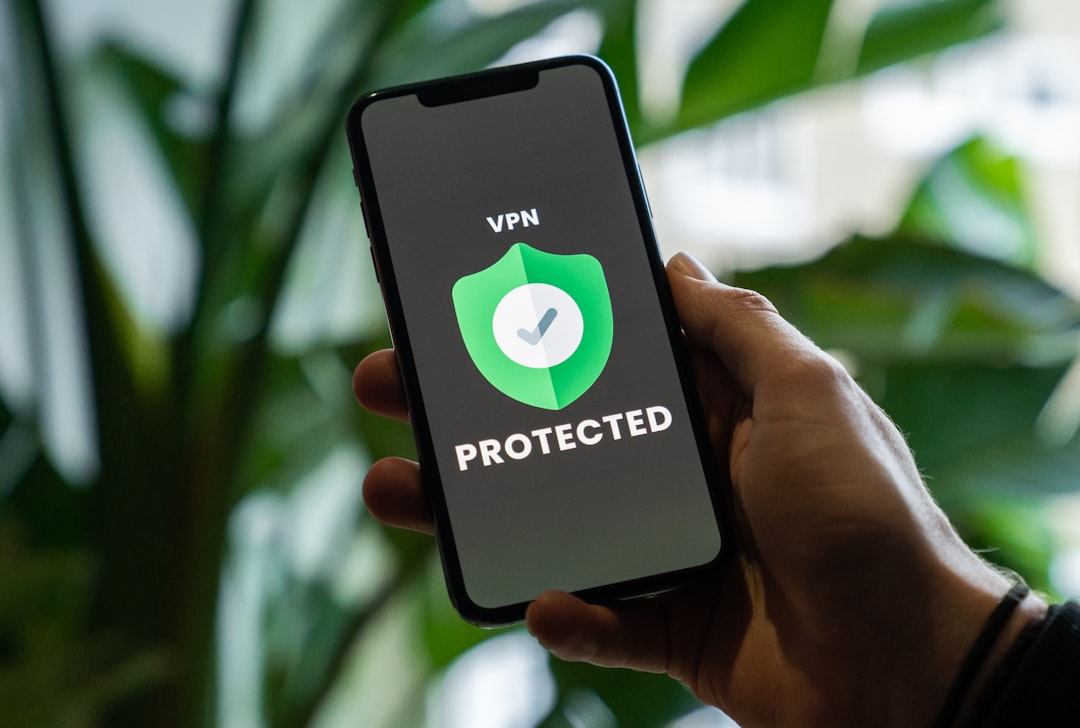In an era where digital privacy is becoming increasingly critical, individuals are turning to tools like Tor and VPNs to shield their online activities from prying eyes. While both technologies aim to provide anonymity and security, they operate in fundamentally different ways and cater to different needs. Understanding the distinctions between the two is essential for anyone looking to choose the right tool for protecting their online presence.
What Is a VPN?
VPN stands for Virtual Private Network. When you use a VPN, your internet traffic is routed through an encrypted tunnel to a server operated by the VPN provider. From there, it accesses the public internet. This process effectively hides your IP address from websites and encrypts all data transmitted between your device and the VPN server.
The key advantages of using a VPN include:
- Privacy from ISPs: Your Internet Service Provider can’t see what you’re doing online.
- Bypassing geo-restrictions: VPNs allow access to content that may be unavailable in your region.
- Public Wi-Fi protection: Encrypts your data when using unsecured wireless networks.

However, VPNs require you to trust the VPN provider with your data. A reputable VPN service will not log user activity, but not all providers uphold this promise. It’s crucial to choose a provider known for strong privacy practices and transparent policies.
What Is Tor?
Tor, short for The Onion Router, is a free, open-source network designed for anonymous communication. Tor routes your internet traffic through a series of volunteer-run servers (called nodes or relays), encrypting your data multiple times. Each relay peels away a layer of encryption, revealing the next destination, without knowing the full path or the origin of the data. This layered approach gives Tor its name and unparalleled anonymity.
Main benefits of using Tor include:
- Strong anonymity: No single node knows both the source and final destination of your data.
- Free and decentralized: Tor is operated by a global network of volunteers, not corporations.
- Access to the dark web: Tor enables access to .onion sites not available on the regular internet.

Despite its strengths, Tor comes with notable limitations. It significantly slows down browsing because your data has to pass through multiple relays. Additionally, many websites block traffic from Tor nodes due to associations with illegal activity, although Tor itself is legal in most countries.
Tor vs. VPN: Key Differences
While Tor and VPNs share the goal of enhancing user privacy, the way they achieve it—and the level of trust required—differs in fundamental ways.
| Feature | VPN | Tor |
|---|---|---|
| Encryption | End-to-server encryption | Multi-layered encryption |
| Speed | Generally fast | Slower due to multiple relays |
| Trust Model | Trust the provider | Trust the technology |
| Usability | User-friendly apps | Requires Tor Browser or setup |
| Access to geo-blocked content | Yes | Limited |
| Cost | Usually requires a subscription | Free |
Which Should You Use?
The answer depends on your needs. If you require fast, encrypted access to the internet and want to bypass regional restrictions—for example, to watch streaming services—then a VPN is your best bet. It’s also ideal for securing public Wi-Fi connections and keeping your ISP from tracking your online behavior.
On the other hand, if maximum anonymity is your goal—such as when researching sensitive topics or communicating in oppressive environments—Tor offers a higher level of privacy. You won’t get the speed or ease of use of a VPN, but you will gain a powerful shield against surveillance.

Can You Use Both Together?
Yes, it is possible to use Tor and a VPN together for enhanced protection. In a so-called “Tor over VPN” setup, you connect to a VPN first and then access the Tor network. This hides your Tor use from your ISP. Alternatively, “VPN over Tor” is more complex and generally only used for specific privacy needs. Keep in mind that combining both services can further reduce your connection speed.
Conclusion
Both Tor and VPNs offer valuable privacy features, but they serve different purposes. A VPN is suited for secure day-to-day browsing, while Tor is designed for anonymity in sensitive situations. Being informed about how each works is the key to choosing the right tool for your unique needs. As with any privacy measure, no solution is perfect—staying secure online always requires vigilance and smart digital habits.
